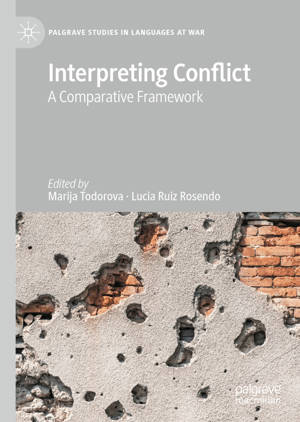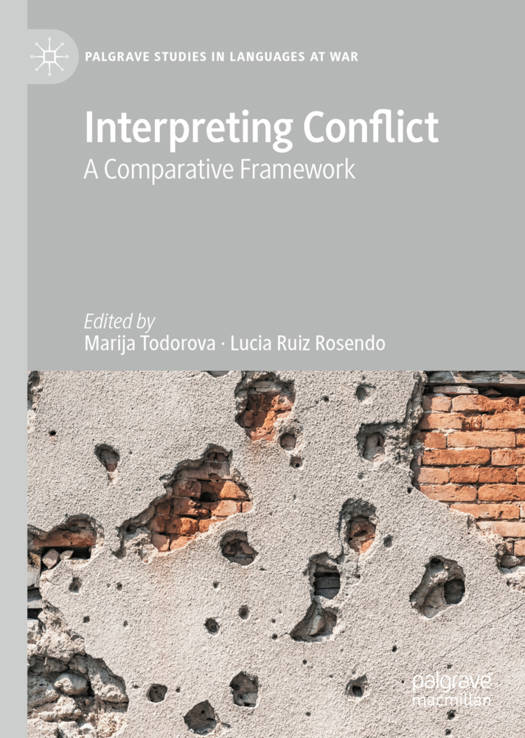
- Retrait gratuit dans votre magasin Club
- 7.000.000 titres dans notre catalogue
- Payer en toute sécurité
- Toujours un magasin près de chez vous
- Retrait gratuit dans votre magasin Club
- 7.000.0000 titres dans notre catalogue
- Payer en toute sécurité
- Toujours un magasin près de chez vous
Interpreting Conflict
A Comparative Framework
Description
This edited book examines the role of interpreting in conflict situations, bringing together studies from different international and intercultural contexts, with contributions from military personnel, humanitarian interpreters and activists as well as academics. The authors use case studies to compare relevant notions of interpreting in conflict-related scenarios such as: the positionality of the interpreter, the ethical, emotional and security implications of their work, the specific training needed to carry out work for military and humanitarian organizations, and the relations of power created between the different stakeholders. The book will be of interest to students and scholars of translation and interpreting, conflict and peace studies, as well as conflict resolution and management.
Spécifications
Parties prenantes
- Editeur:
Contenu
- Nombre de pages :
- 320
- Langue:
- Anglais
- Collection :
Caractéristiques
- EAN:
- 9783030669089
- Date de parution :
- 12-05-21
- Format:
- Livre relié
- Format numérique:
- Genaaid
- Dimensions :
- 148 mm x 210 mm
- Poids :
- 557 g

Les avis
Nous publions uniquement les avis qui respectent les conditions requises. Consultez nos conditions pour les avis.





